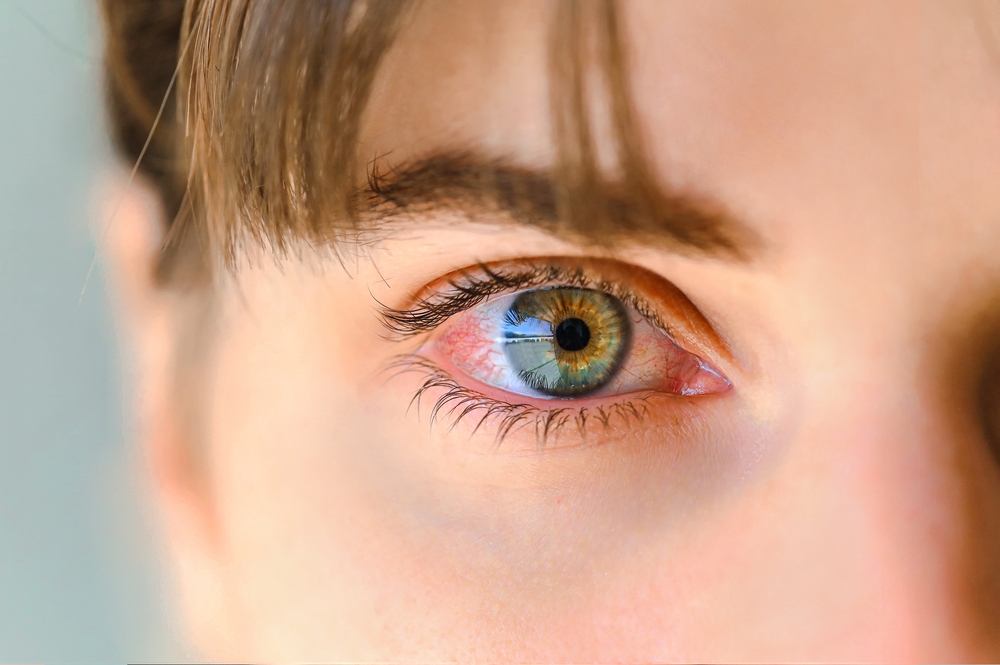
Pink eye, also known as conjunctivitis, is a common eye condition that can cause discomfort and irritation. It occurs when the conjunctiva, the thin layer of tissue that covers the white part of the eye and the inner surface of the eyelids, becomes inflamed.
What is Pink Eye?
Pink eye is a common eye condition that can affect people of all ages. It is called pink eye because it can cause the white part of the eye to become pink or red. Pink eye can be caused by a virus, bacteria, allergens, or irritants. The most common cause of pink eye is a viral infection, which is highly contagious and can be easily spread from person to person. Bacterial and allergenic conjunctivitis are also common causes of pink eye.
What are the Symptoms of Pink Eye?
The symptoms of pink eye can vary depending on the cause of the condition. In general, pink eye can cause the following symptoms:
· Redness or pinkness in the white part of the eye
· Itching or burning sensation in the eye
· Excessive tearing or discharge from the eye
· Blurred or hazy vision
· Sensitivity to light
· Swelling or puffiness of the eyelids
If you experience any of these symptoms, it is important to seek medical attention to determine the cause of your pink eye and to receive appropriate treatment.
How to Prevent Pink Eye
Preventing pink eye involves taking simple steps to reduce your risk of infection. Some of the ways to prevent pink eye include:
· Wash your hands frequently, especially after touching your eyes
· Avoid touching your eyes with your hands
· Avoid sharing personal items such as towels, washcloths, and makeup
· Avoid close contact with people who have pink eye
· Wear eye protection when working with chemicals or in dusty environments
By following these simple steps, you can reduce your risk of contracting pink eye.
Home Remedies for Soothing Itchy and Irritated Eyes
If you are experiencing pink eye symptoms, several home remedies can help soothe your eyes and reduce discomfort. Some of these remedies include:
Cold compress
Applying a cold compress to the affected eye can help reduce swelling and soothe irritation. You can use a clean washcloth soaked in cold water or a bag of frozen vegetables wrapped in a towel.
Warm compress
A warm compress can also help reduce swelling and soothe irritation. You can use a clean washcloth soaked in warm water or a heated eye mask.
Over-the-Counter Treatments for Pink Eye Discomfort
If home remedies are not effective in relieving your pink eye symptoms, several over-the-counter treatments can help. Some of these treatments include:
Artificial tears
Artificial tears can lubricate the eye and reduce irritation and dryness. Look for drops that are specifically formulated for pink eye or redness relief.
Antihistamine eye drops
If your pink eye is caused by allergies, antihistamine eye drops can help relieve itching and redness.
Decongestant eye drops
Decongestant eye drops can help reduce swelling and redness in the eye. However, they should not be used for more than a few days, as they can cause rebound redness.
When to See a Doctor for Pink Eye
In most cases, pink eye will clear up on its own within a few days to a week. However, there are some cases where it is important to see a doctor. You should see a doctor if:
· Your symptoms do not improve after a few days
· Your symptoms get worse
· You experience severe pain in the eye
· You have a high fever
· You have a weakened immune system
Your doctor may prescribe antibiotic eye drops or ointment if your pink eye is caused by bacteria.
Manage Your Pink Eye Discomfort and Promote Healing Today
Pink eye is a common eye condition that can cause discomfort and irritation. However, with the help of home remedies and over-the-counter treatments, they can help soothe your eyes and reduce discomfort. If your symptoms do not improve or get worse, it is important to see a doctor. By following these tips, you can manage your pink eye discomfort and promote healing.
For more information on managing pink eye discomfort or to consult our professionals, visit Dr. Stephen Nevett and Associates at our office in Seattle or Kirkland, Washington. Call (206) 364-2273 or (425) 602-6153 to schedule an appointment today.







